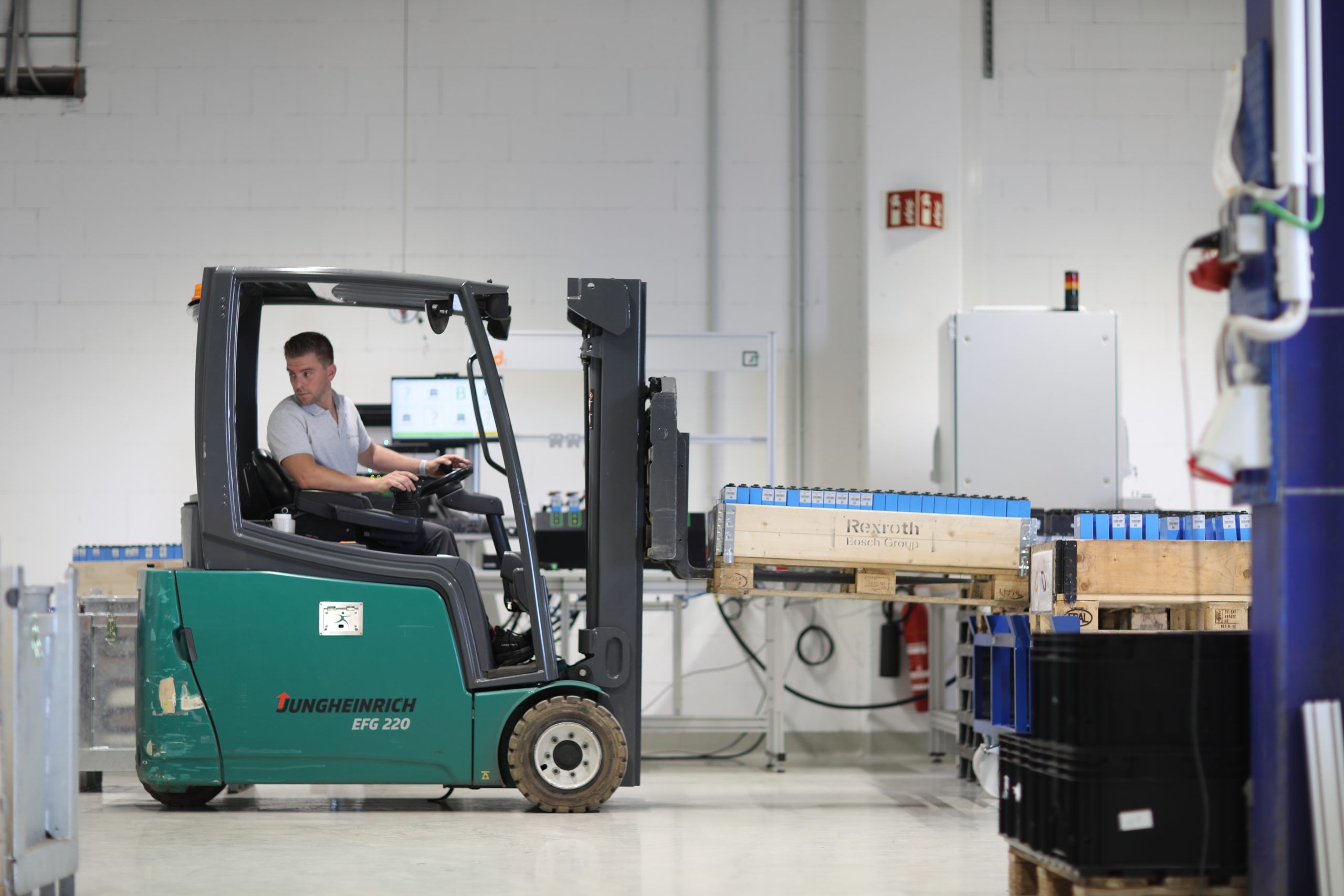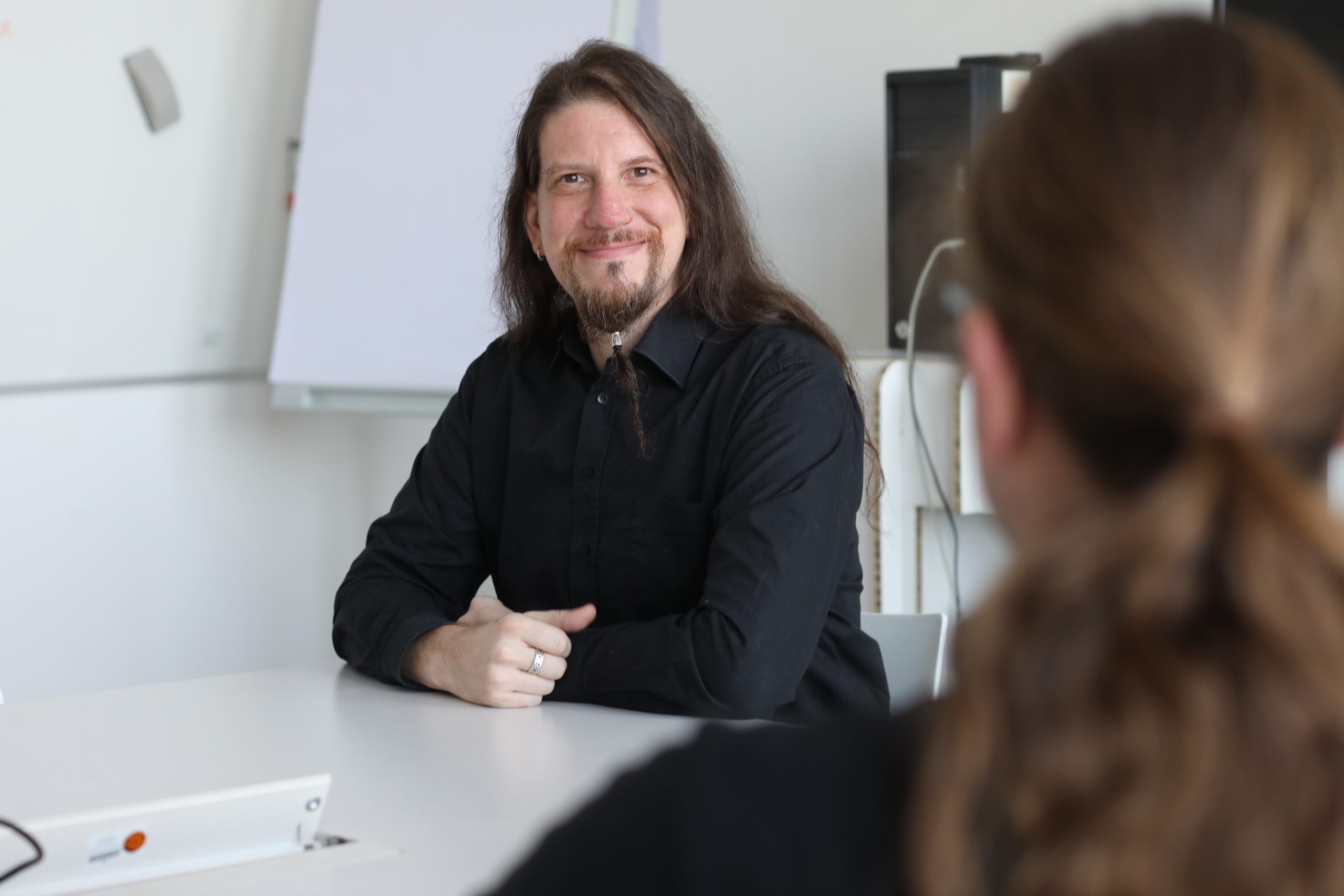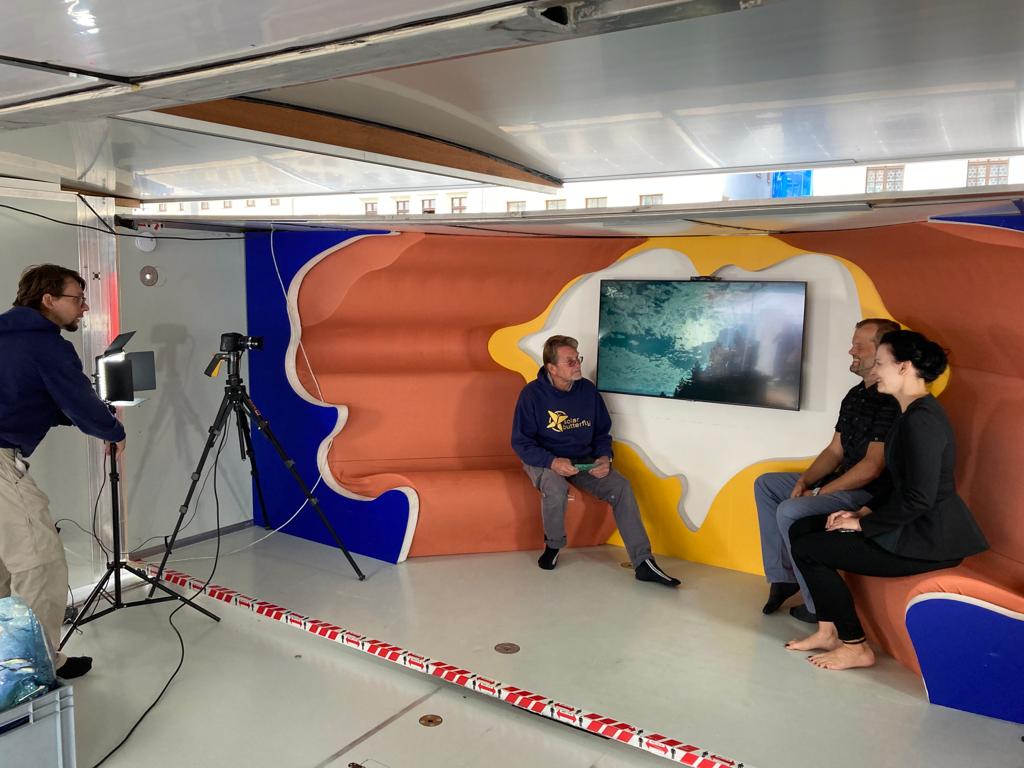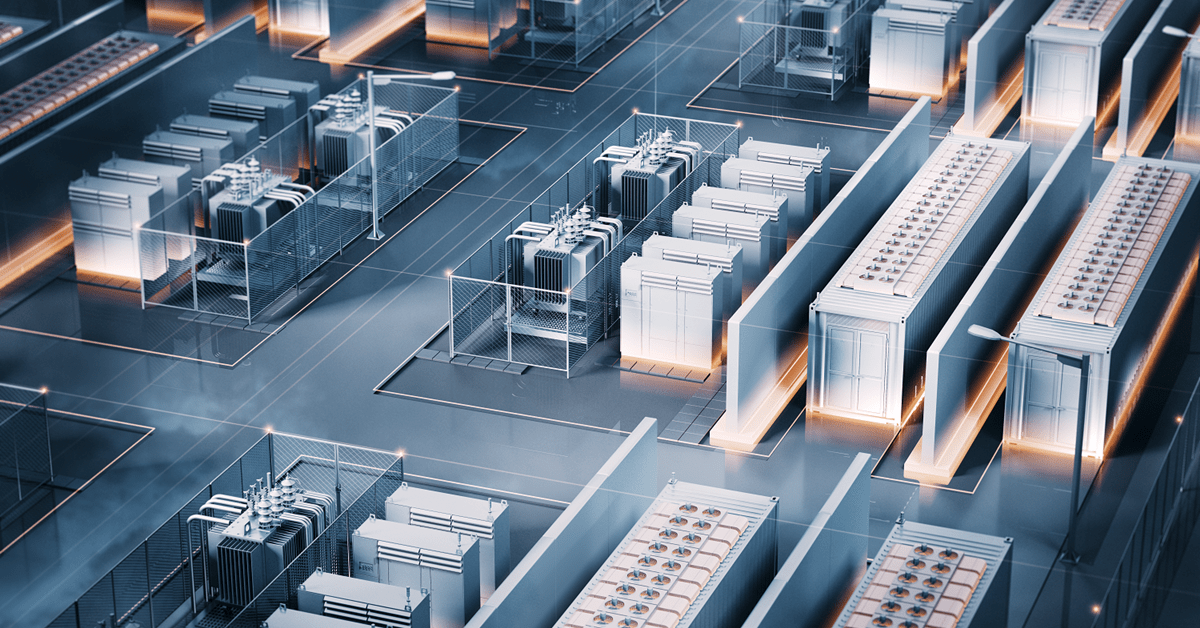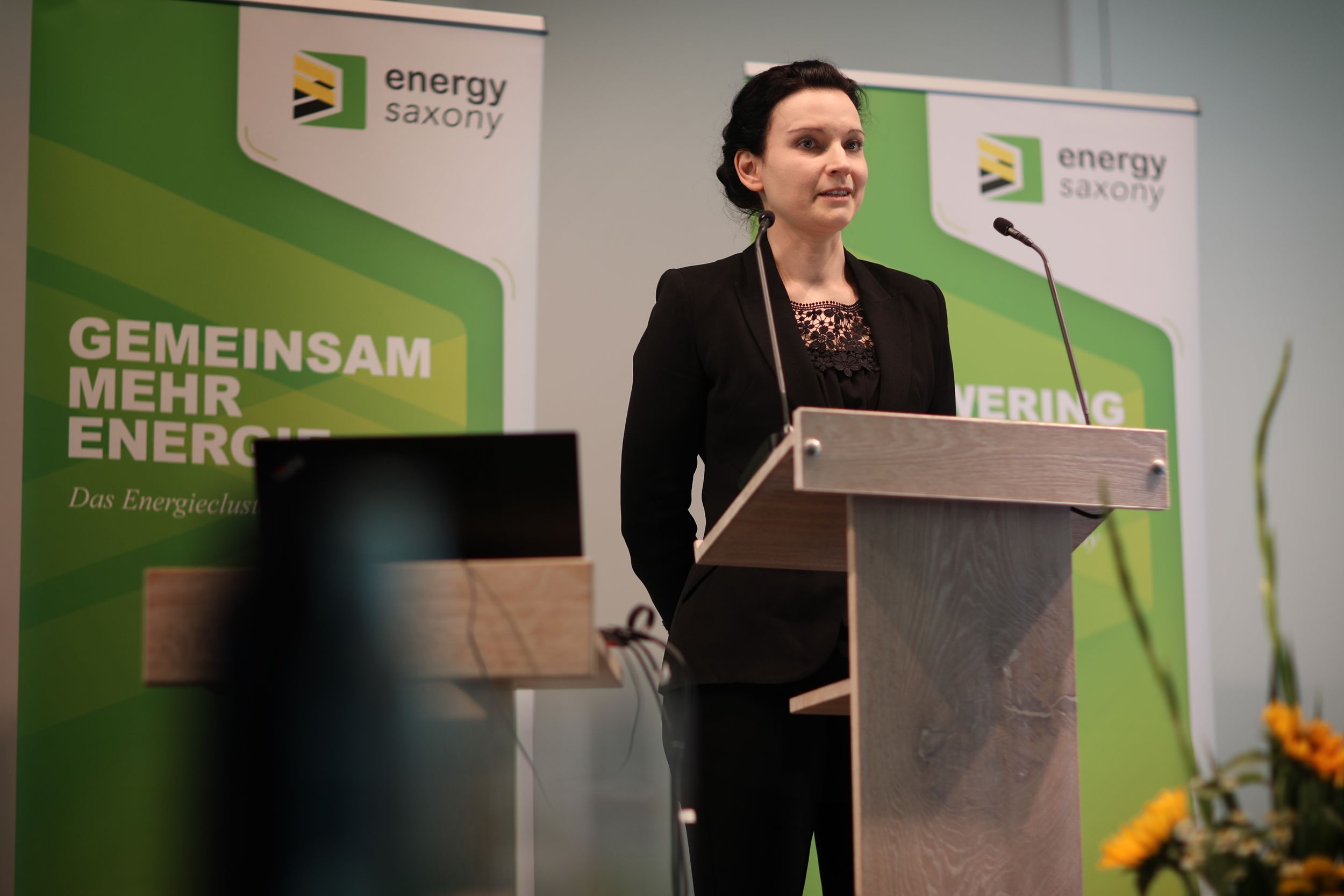You have never heard of The Battery Lifecycle Company GmbH? Then you should definitely keep this name in mind! As a joint venture between Rhenus and TSR, the company has big plans. With the help of AI-based rapid battery tests from NOVUM, BLC wants to test batteries from car manufacturers on a large scale in the future. Provided the quality is right, these will then be given a second life in vehicles and battery storage systems. The first tests with NOVUM’s technology are already underway. We spoke to COO Lukas Brandl about the project and obtained an interim assessment.
Lukas, how did BLC come about?
We at TSR have been increasingly concerned with the subject of batteries for several years now. TSR is a recycling company that produces recycled raw materials from metal waste and makes them available to industry. Initially, we disassembled batteries into their individual parts, which were then returned to the value-added cycle as far as possible.
It was clear to us that this was not the only and best solution. So we started by carrying out simple battery tests. So that intact batteries no longer have to be recycled, but can be given a second life.
At the same time, our colleagues at Rhenus Automotive have also been thinking about this. The challenge for them is to master the mobility transition — away from combustion engines and towards alternative drive systems. We founded BLC — The Battery Lifecycle Company GmbH in 2023 to pool our expertise and give the topic its own framework.
You have been using a battery analyzer from NOVUM for a few weeks now. What added value do our AI-based quick tests offer you?
The battery tests used to take two to four hours. With NOVUM, this should be possible in just 90 seconds in future. However, we are currently still in the phase in which the AI is being trained for our batteries. We are already satisfied with the initial test results.
Our main hope for the future is that NOVUM will make us less dependent on what data customers can provide us with about the batteries. The aim is for us to collect all the necessary information ourselves in order to decide on the further use of the batteries.
So it’s still a big challenge that you know little about the batteries you receive?
Yes, definitely. Our customers themselves often know little about the actual state of health of their batteries and can therefore hardly provide us with any data. The battery passport is intended to change this, but the batteries affected by this will only reach us in eight to 15 years at best. Until then, we will continue to face the challenge of having to collect almost all the battery data ourselves.
How did you come across NOVUM’s AI-based battery diagnostics technology? And what convinced you in the end?
I think the contact came about through the Triathlon company. We were immediately interested in NOVUM because NOVUM not only provides the data analysis, but also the hardware and can integrate the technology directly into our system. We were glad that we didn’t have to ask three different providers, but instead received an all-in-one solution from NOVUM.
You are currently testing batteries in Rheda-Wiedenbrück. A second location in Magdeburg is currently under construction. How many batteries will you be processing in the future?
In Rehda-Wiedenbrück, we expect up to 5,000 batteries per year. In Magdeburg, we expect to receive 30,000 units per year. Not all of them will be tested, but of course we hope that as many batteries as possible will be given a second life in vehicles or battery storage systems from our partner companies.



